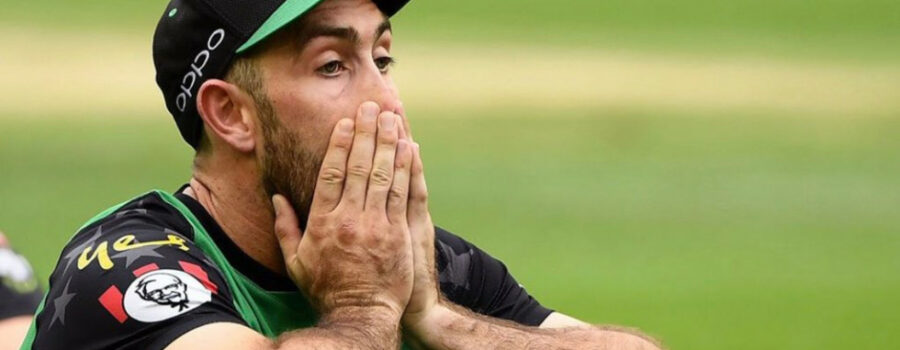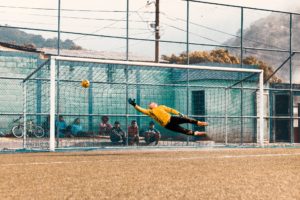Choking is an athlete’s worst nightmare. No matter what you call it, “the yips”, “tanking”, ” having a meltdown”, or “paralysis”, it can take down the best athlete in any sport at any time. Athletes describe choking in a number of ways: a complete loss of confidence, an inability to make their body move, an increase in anxiety/nervousness, loss of emotional control, and a tidal wave of doubt.
The unpredictability of choking strikes fear into the heart of any athlete because once it happens the athlete is never sure when it will strike again. The unpredictability robs the athlete of his/her desire to put themselves on the line when it most counts in a game. Choking leaves the athlete feeling embarrassed, guilty, and that they have let their team and coach down. The combination of negative thoughts and emotions leads the athlete to lose confidence, decreases their motivation and even doubt their ability to compete.
What causes choking? It isn’t really that mysterious. Choking involves a chain of events which are predictable as well as preventable. First, the athlete’s focus becomes distracted. His/her thoughts drift to unproductive and negative thoughts that “pull” the athlete from his/her task. For example, during a big baseball game in which a star pitcher has just given up several hits – instead of thinking about putting the next pitch landing in the catcher’s glove, the pitcher starts thinking “I can’t control the ball anymore”. He/She loses focus of what they need to do and starts worrying about things that cannot control (winning or losing the game) and what they should not do (don’t throw a wild pitch). Second, the loss of focus leads to negative self talk and self doubt. The combined loss of focus and negative self talk quickly leads to a surge of anxiety which robs the athlete of his/her ability to remain calm and direct his/her performance. The surge of anxiety leaves them nervous, shaky, weak, tight, and breathing difficulty.
Turning around the choke response involves teaching the athlete several different mental skills. A sports psychologist can help the athlete understand what he/she were doing when they choked. The sports psychologist then helps the athlete learn to manage their thoughts, emotions, and focus so choking does not happen again. At a basic level we want the athlete to do several things. First, stay present. This mean thinking about what he/she needs to do now, not about what just happened or what might happen next. Second, the athlete needs to manage his/her body’s energy and breathing. By slowing down his/her breathing and reducing muscle tension the athlete feels in control again and is on the road to turning around his/her performance. Third the athlete needs to let their negative thoughts go. Every athlete has negative thoughts; the trick is to let them move on by without reacting to them. Many athletes make the mistake of reacting to his/her negative thoughts which lowers his/her confidence and motivation. Finally, the athlete re-focuses with a positive performance cue and executes. Working with the sports psychologist at Winning Edge can help you understand your unique pattern of choking and how to break it.




